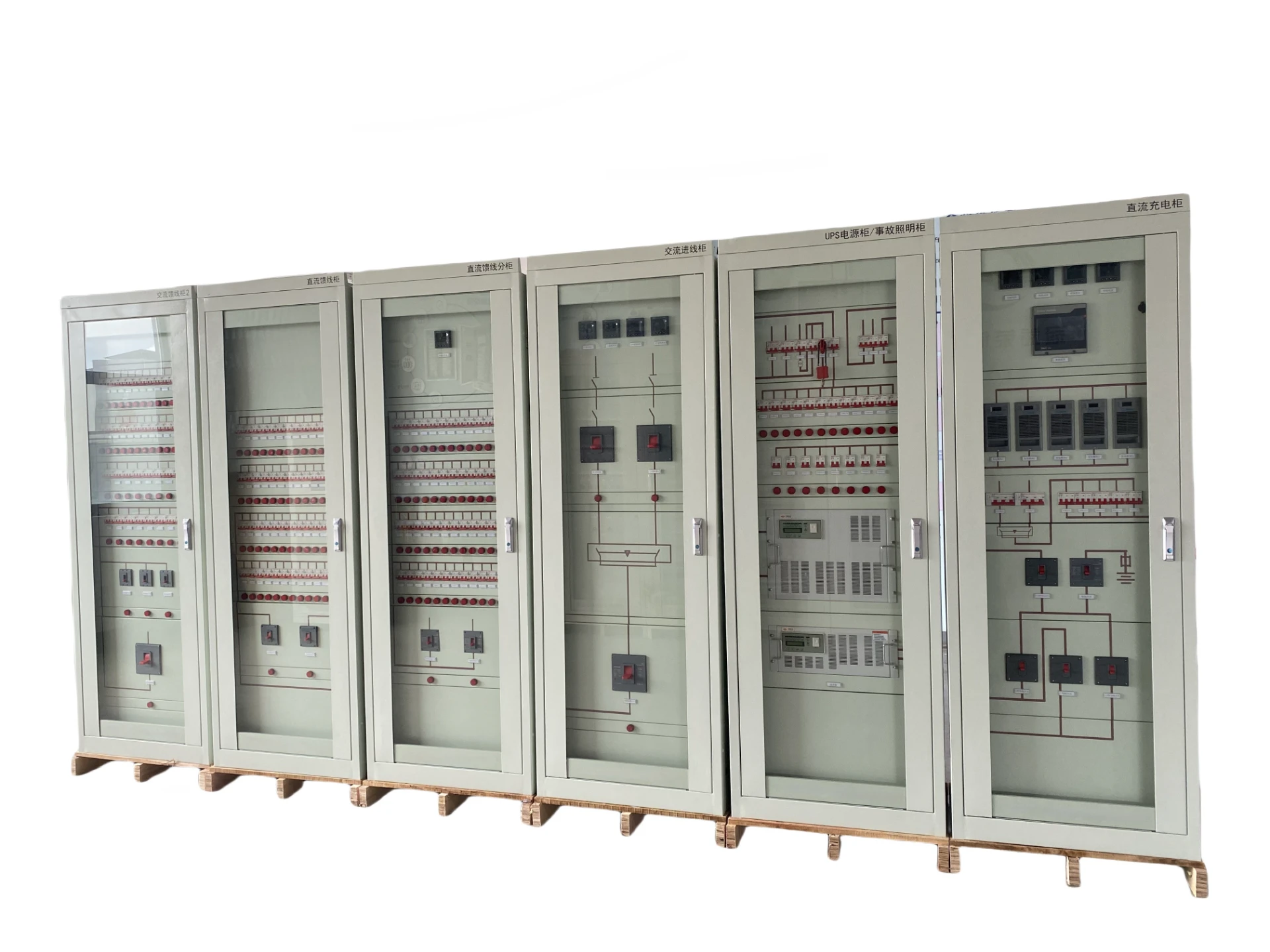
Дек . 05, 2024 03:06 Back to list
CE Certification for Energy Storage Inverters Explained and Its Importance in the Industry
CE Certification for Energy Storage Converters Ensuring Safety and Efficiency
As the demand for renewable energy sources continues to rise, the role of energy storage systems (ESS) becomes increasingly pivotal in managing energy supply and demand. Among the key components of these systems are energy storage converters, which play a crucial role in converting energy from one form to another—typically from direct current (DC) to alternating current (AC) and vice versa. To ensure safety, efficiency, and environmental compliance, these converters must adhere to various certification standards, including CE certification.
Understanding CE Certification
CE certification indicates that a product meets the essential requirements set forth by the European Union (EU) concerning health, safety, and environmental protection. The CE mark assures consumers and businesses that the product is compliant with EU legislation, facilitating the free movement of goods within the European Economic Area (EEA). This certification is particularly important for energy storage converters, which are integral to the functionality and reliability of renewable energy systems.
Importance of CE Certification for Energy Storage Converters
1. Safety Compliance Energy storage converters must ensure safety for both users and the environment. CE certification involves rigorous testing to verify that these devices operate safely under expected conditions. This testing can include assessments for electrical safety, thermal management, and protection against accidental contact.
2. Performance Standards With the rise in renewable energy technologies such as solar panels and wind turbines, energy storage converters need to convert energy with high efficiency and reliability. CE certification requires manufacturers to demonstrate that their products meet specific performance standards, including energy conversion efficiency and power quality metrics. Compliance ensures that consumers benefit from optimal energy management.
3. Market Access For manufacturers, obtaining CE certification is crucial for market access within the EU. Without this certification, products cannot be sold or marketed in the European market. This requirement encourages manufacturers to focus on quality, encouraging innovations in design and technology that can benefit both the environment and the economy.
ce certification energy storage converter

4. Regulatory Compliance The landscape of energy regulations is continually evolving, driven by the need for greater energy efficiency and sustainability. CE certification helps manufacturers navigate these complex regulatory environments, ensuring that their energy storage converters meet the latest environmental and efficiency standards.
The Certification Process
Achieving CE certification involves several steps
- Risk Assessment The manufacturer must identify potential hazards associated with the product and address them in the design and manufacturing processes. - Testing and Documentation Converters must undergo testing according to relevant European standards, such as the Low Voltage Directive (LVD) and the Electromagnetic Compatibility (EMC) Directive. The results are documented, forming a basis for the Declaration of Conformity (DoC).
- Quality Control A robust quality management system must be in place to ensure ongoing compliance with safety and performance specifications.
- Marking and Declaration Once all requirements are met, the product can be marked with the CE symbol, and a declaration of conformity is issued.
Conclusion
In conclusion, CE certification for energy storage converters plays a vital role in ensuring safety, performance, and regulatory compliance within the European market. As the energy landscape continues to evolve towards sustainability, the emphasis on high-quality standards and certification processes becomes increasingly important. By adhering to CE requirements, manufacturers not only enhance the credibility of their products but also contribute positively to the overarching goal of a sustainable energy future. As such, the CE mark stands as a badge of honor and assurance for both consumers and industry stakeholders alike.
-
Advanced AI Energy Management with GPT-4 Turbo
NewsAug.02,2025
-
AI-Powered EMS with GPT-4-Turbo | Efficiency Boost
NewsAug.01,2025
-
Optimized Storage System for GPT-4-Turbo | High Performance
NewsJul.31,2025
-
AI Energy Management System w/ GPT-4 Turbo Efficiency
NewsJul.31,2025
-
High-Performance Energy Storage System for Reliable Power Solutions
NewsJul.30,2025
-
Advanced EMS Solutions for Energy Management System & Storage Battery Companies
NewsJul.29,2025























